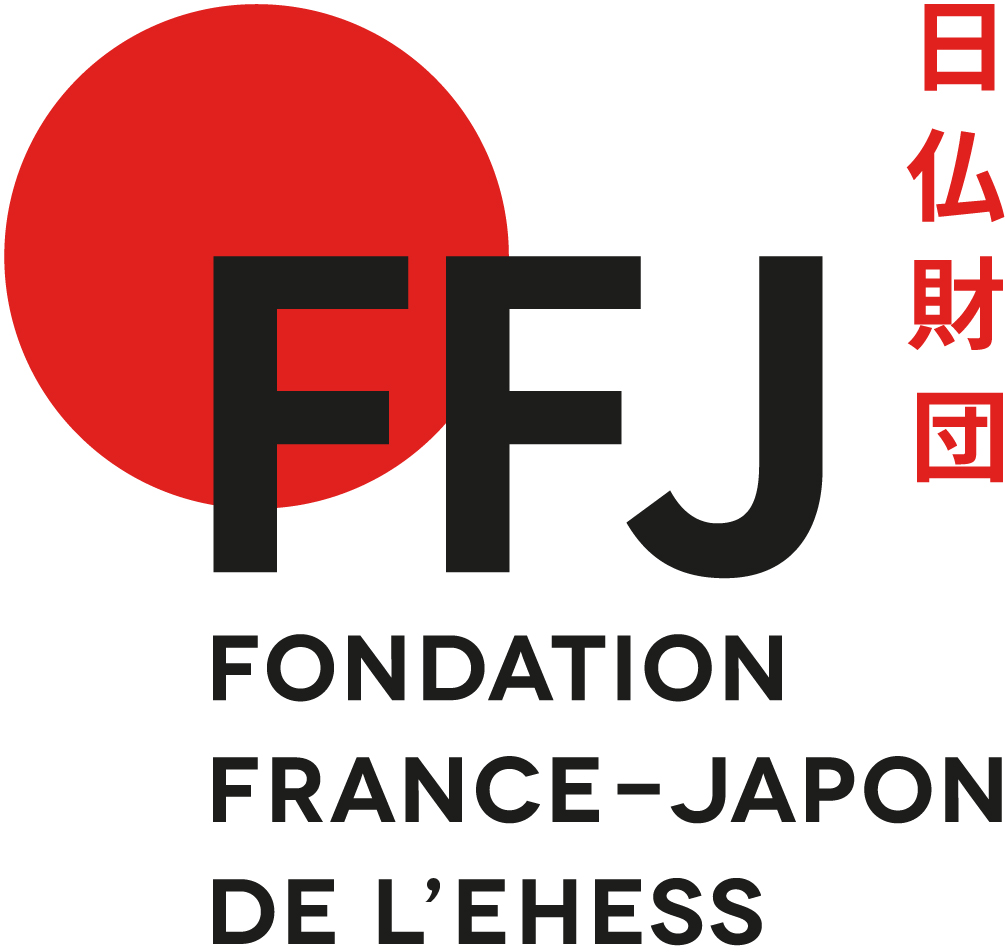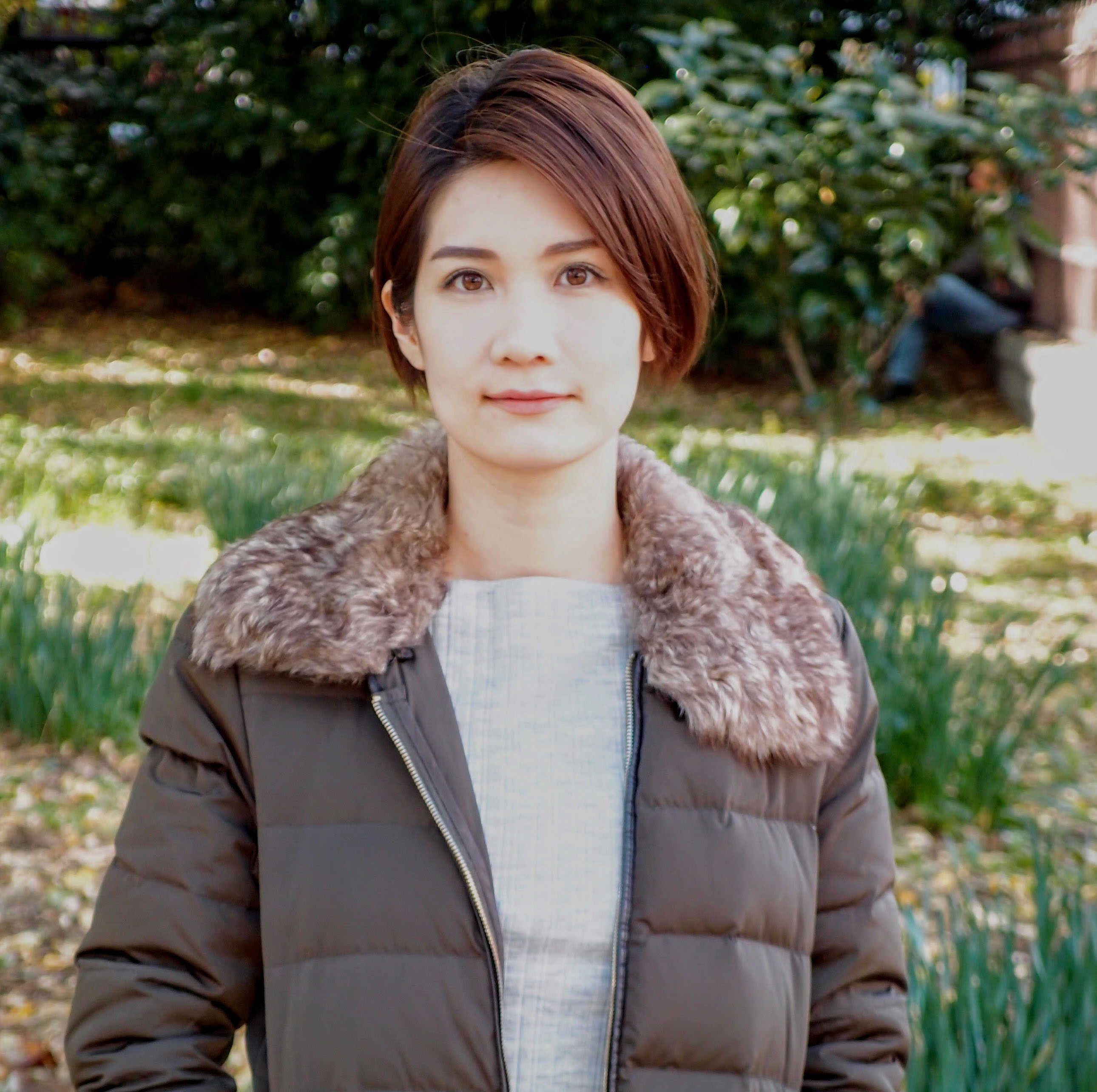Yuka KayaneRising “un-civil” society groups?: Religious Intolerance in Contemporary Indonesia13/12/2017
BackgroundThe project deals with rising “un-civil” society groups in democratized Indonesia. Indonesia, which has undergone a drastic regime change since 1998, along with the subsequent institutional reform of its political and economic systems, now boasts a stable democracy and solid economic development. This largest Muslim-majority country in the world, however, has recently witnessed the increasing attacks and violence of intolerant Islamist groups that constrain and erode the civil rights of the religious minorities. These groups claim that they represent the Sunni majority population. For instance, in November 2016 to April 2017, the intolerant groups organized a massive protest against the Christian governor of Jakarta for his alleged blasphemous statement against Islam, and they successfully led his defeat in the gubernatorial election.
Unlike the conventional wisdom that presumes civil society as a homogeneously liberal and democratic force, which would consolidate the democratization, the rising intolerant groups as un-civil society in Indonesia reveal an illiberal and exclusivism tendency against the minority population. Then, why and how have the intolerant groups in Indonesia been on the rise? How can this phenomenon be understood in the stable democracy? In retrospect, the violence leading to the deterioration of the minorities’ rights has been intensifying over the past decade. Since around 2007, a number of observers and reports have begun to warn of the increasing violence against minorities [Setara Institute 2009, Human Rights Watch 2013, Formichi 2014, Crouh 2014, Bush 2015]. The rising intolerant groups in Indonesia exploit the differences of not only religious minorities, such as the Shi’a Muslim, the Ahmadiyya, the Christians, and the indigenous religious groups, but also ethnic minorities and sexual minorities. Those accounts provided by the previous works, however, do not explain why and how exactly the particular groups can legitimize the violence against the minorities in the eyes of the public, while others do not. In fact, those who manage to legitimize the violence succeed in consolidating the majority voters in area. Spreading discourses that the minorities pose a danger to the purity of Sunni Islam as the majority’s religion and deprive the wealth of the majority population often work to attract voters. Once they succeed in mobilizing the majority, they will have political “legitimacy” and significant leverage against the state elites. These groups even attain state power from the elites who seek majority support to win the election. Ironically enough, democratic institutions that are trapped in their hands, in essence, undermine the democracy. European countries have seen rising right-wing and ultra-nationalist organizations with increasing sentiment of xenophobia and exclusivism, especially since the heightening migration crisis. Although studies on Europe have accumulated rich empirical and theoretical knowledge on various types of civil society groups, including un-civil ones, in relation to democratic consolidation, those in Southeast Asia have yet to see such development. Research Objectives and MethodsThe aim of the project is to figure out what mechanism and factors foster the rise of intolerant groups in Indonesia’s nascent democracy. This project defines the intolerant groups as those who engage in discourse of threat of “deviancy” against Sunni orthodoxy, and endanger the civil rights of the minorities through physical and verbal assaults. To this aim, it examines the political impact of the installment of the direct election for local heads, which provided intolerant groups with access to state elites after 1998. The groups’ access to state apparatuses, such as intelligence units, police, and prosecutors, office significantly enhances their political “legitimacy” to persecute minorities.
With the importance of this setting, the project sheds light on intolerant groups’ strategies. Then, the project examines the following arguments. (1) If the groups can create the majority through the discourse of anti-minorities and mobilize them before the election is carried out, they will be provided greater access to the state elites needing the majority support. (2) Once the groups incorporate those state apparatuses into their alliances, they will likely succeed in legitimizing the violence against the minorities. The vicious cycle generated from the mutual relationship between the intolerant groups with voting power and state elites contributed to the ceaseless attacking against the minorities. To examine these arguments, it will conduct field research to collect primary source and data for a month in Indonesia. ReferencesBush, R. 2015. Religious Politics and Minority Rights during the Yudhoyono Presidency. In Edward A., Marcus Mietzner and Dirk Tomsa., The Yudhoyono Presidency: Indonesia’s Decade of Stability and Stagnation. Indonesia Update Series. Singapore: Institute of Southeast Asian Studies. Crouch, M. 2014. Law and Religion in Indonesia Conflict and the Courts in West Java. London and New York: Routledge. Formichi, C. 2014. Violence, Sectarianism, and the Politics of Religion: Articulations of Anti-Shi‘a Discourse, Indonesia 98, October, pp.1-27. Human Rights Watch. 2013. In Religion’s name Abuses against Religious Minorities in Indonesia. Setara Institute. 2009. Berpihak dan Bertindak Intoleran Laporan KBB 2008. Jakarta: Pustaka Masyarakat Setara. |
 |
Recherche |  |
FFJ Research Statement |  |
Yuka Kayane |
| Inscrivez-vous à notre Lettre en cliquant ici |
*En cas de problème, vous pouvez aussi vous inscrire en envoyant un mail à sympa@ehess.fr, avec pour titre "subscribe ffj_french_news".






